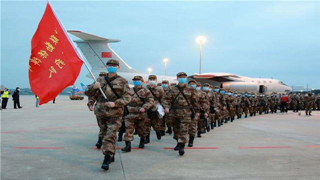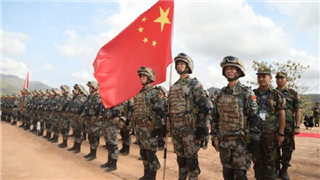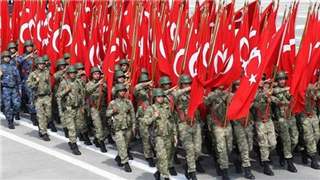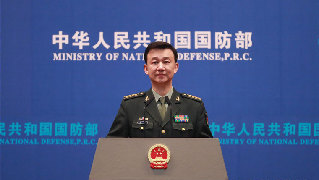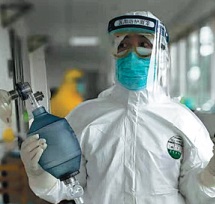
Zha Qiong fang, a 45-year-old doctor from the Respiratory Department of Renji Hospital Affiliated with Shanghai Jiao Tong University School of Medicine, was one of the first medical workers sent from Shanghai to Wuhan. Here, she tells of his work on the front-line.
Jan 28: (my fourth day in Wuhan): Our work is on track, and medical equipment is now arriving fast at hospitals in Wuhan, providing us with more options to treat patients. But we still face overwhelming pressure, as 85 percent of those our team is responsible for are critically ill.
Jan 29: I have seen sunshine for the first time since we arrived in the city. This appears to be a sign of encouragement in our fight against the virus.
Today, we received 1,200 face masks and 200 pairs of goggles from a former patient at our hospital. She learned we would be joining the front-line battle and bought the protective supplies through various channels overseas. We have been really touched, as they have arrived just in time. Supplies were running short.
I have also received phone calls from Shanghai Shenhua Football Club, Shanghai Jiao Tong University's Graduate School and a number of businesses in recent days, saying they want to buy and send protective material to us.
This shows people's selfless love amid the epidemic. We don't feel lonely, as the whole of society is giving us powerful backing.
Tomorrow, I work my first night shift here from 8 pm to 8 am, and I'm feeling nervous. In Shanghai, my director didn't schedule any night shifts for me after learning that I have a kidney ailment. But this contingent sent to Wuhan includes other doctors who have various conditions, such as diabetes and hypertension. We all need to stay strong.
Jan 31: A 50-year-old patient experienced a rapid fall in blood pressure at 2:30 am. Luckily, her condition improved after treatment.
Afterward, I took a nap in the office. It was the first time I had slept while wearing a face mask, as I didn't want to waste any time putting on a new one in the event of receiving an emergency call about a patient.
The outbreak has prompted the World Health Organization to declare a public health emergency of international concern, but we will not flinch. We will make our best effort to win the fight against the virus and minimize the cost to the country.
Feb 4: The woman who experienced the fall in blood pressure died after her condition rapidly worsened. Her husband sobbed over the phone, making me feel heartbroken. His wife became infected by the virus following surgery for rectal cancer.
Her husband, quarantined at a local hospital after becoming infected by the virus himself, could not come to bid farewell to her-neither could their daughter, who lives out of town, as Wuhan has been locked down. More than 1,000 families have lost their loved ones in this epidemic.
Feb 5: I met one of my Shanghai colleagues, who is working at another hospital in Wuhan. He said he worked from morning to nearly midnight yesterday. He also said that when he was interviewed by a reporter this morning, he couldn't hold back tears for the pain people in Wuhan are experiencing.
Tonight, both of us will work the night shift, 12 hours for him and 14 hours for me, without water or food. We wished one another good luck.
Feb 11: Bad news. Two patients our team was responsible for have died. One was 89 and had multiple chronic diseases. The other was a man in his 50s who repeatedly took off his mask and refused to eat.
This has made me feel down again, although we will never abandon our fight to save lives.
There are only four women doctors on our team of 20, but coincidently three of them, including myself, will work the night shift today. To encourage ourselves, we took a group photo in the hospital corridor before starting work.
I hope that no patients will experience a deterioration in their condition tonight.
